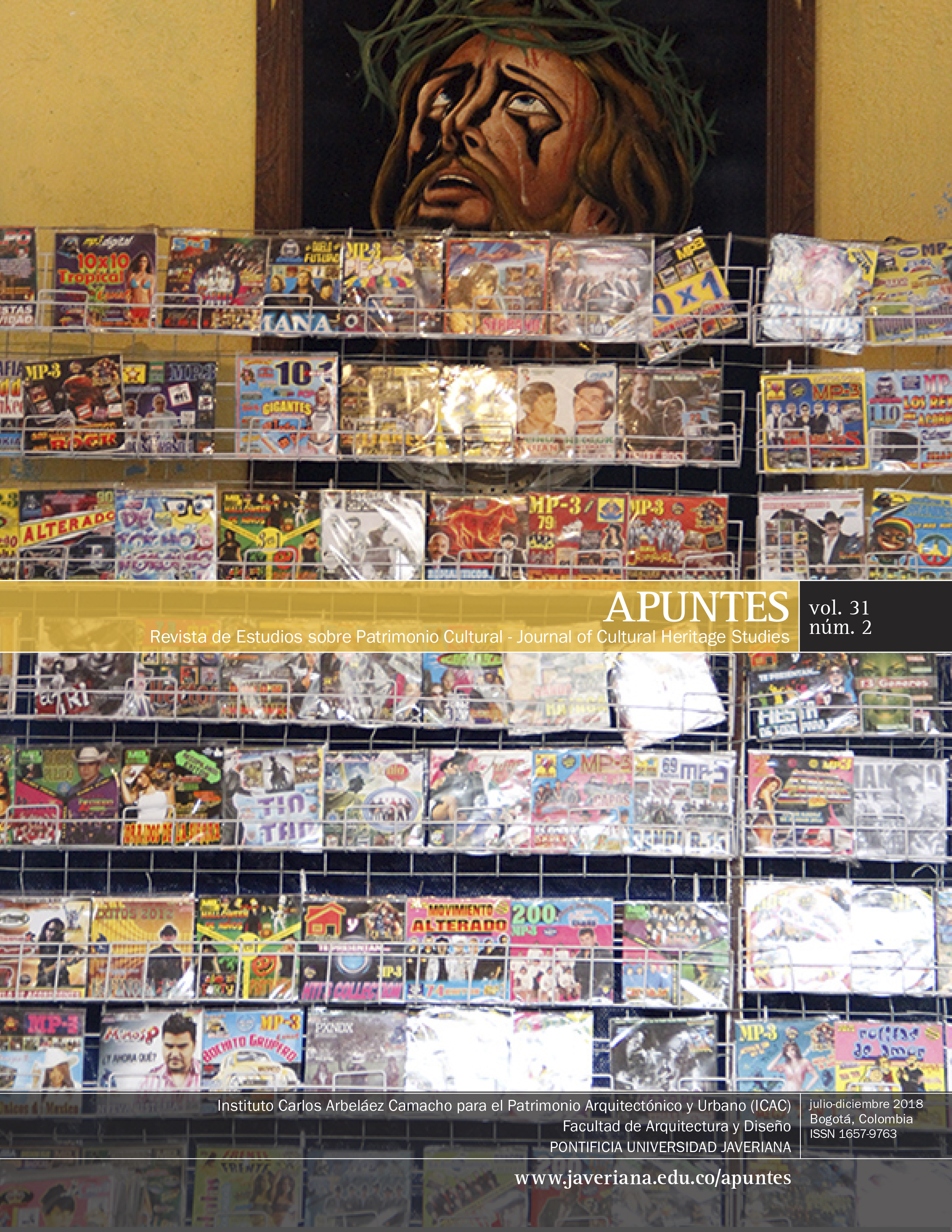Resumen
¿Por qué la vinculación de dos asignaturas en un solo espacio de enseñanza-aprendizaje es una innovación pedagógica racionalizadora?
La estrategia metodológica que materializa la innovación referida es una propuesta de fundamento histórico-cultural sustentada en la pedagogía cubana. Se emplea el análisis documental para el diagnóstico, la modelación para el diseño y el ajuste de contenidos en la estrategia y técnicas para medir la satisfacción de los estudiantes y conductores del proceso enseñanza-aprendizaje. El resultado obtenido es la asimilación activa del contenido de dichas asignaturas mediante la aplicación de los métodos de la ciencia en el levantamiento del patrimonio cultural de la Facultad de Arquitectura, los cuales se plasmaron en recursos informáticos que devinieron en medios didácticos para ambas asignaturas. Los productos conseguidos por los estudiantes son fichas de objetos patrimoniales y juegos didácticos reusables para la promoción del patrimonio cultural universitario. Se concluye que en la dinámica del desarrollo científico técnico se impone la racionalización del tiempo y la innovación en los métodos didácticos para una formación integral-productiva del profesional, por lo que las asignaturas adquieren un carácter significativo y se propicia la aparición de futuras líneas de investigación para la racionalización pedagógica curricular y alternativas metodológicas para el protagonismo estudiantil
Cepal (1990). Transformaciones productivas con equidad: la tarea prioritaria del desarrollo de América Latina y el Caribe en los años noventa. Santiago de Chile: Naciones Unidas, Comisión Económica para América Latina y El Caribe.
Chirino, M. V. (2002). Perfeccionamiento de la formación inicial investigativa de los profesionales de la educación. Tesis de doctorado en Ciencias Pedagógicas, Instituto Pedagógico Enrique José Varona, La Habana.
Drucker, P. (1995). Dirección por excepción. México: Editorial Cecsa.
González, M. (2006). Metodología para la promoción cultural de la investigación en el Instituto Superior Politécnico José Antonio Echeverría. Tesis de doctorado en Ciencias de la Educación, Cuba.
Martínez, E. (1997). Ciencia, tecnología y Estado en América Latina: el fin de siglo XX. En González, H. y Schmidt, H. (eds.) Democracia para una nueva sociedad. Caracas: Editorial Nueva Sociedad.
Núñez, J. (1999). La ciencia y la tecnología como procesos sociales. Lo que la educación científica no debería olvidar. La Habana: Editorial Félix Varela.
Rodríguez, L. E. (ed.) (2011). La Arquitectura del Movimiento Moderno. Selección de Obras del Registro Nacional. La Habana: Docomomo Cuba.
Sierra, R. A. (2004). Modelo teórico para el diseño de una estrategia pedagógica en la educación Primaria y Secundaria Básica. Tesis doctoral, Instituto Superior Pedagógico Enrique José Varona, La Habana.
Tommasino, H. (2007). Generalización de las Prácticas Integrales. Los aportes de la Extensión para su implementación. Montevideo: Ed. Facultad de Agronomía, Universidad de Uruguay.
Vigotsky, L. S. (1996). Pensamiento y lenguaje. Moscú: Editora A.C.
La revista Apuntes se encuentra registrada bajo la licencia Creative Commons Reconocimiento 4.0 Internacional. Por lo tanto, esta obra se puede reproducir, distribuir y comunicar públicamente en formato digital, siempre que se reconozca el nombre de los autores y a la Pontificia Universidad Javeriana. Se permite citar, adaptar, transformar, autoarchivar, republicar y crear a partir del material, para cualquier finalidad (incluso comercial), siempre que se reconozca adecuadamente la autoría, se proporcione un enlace a la obra original y se indique si se han realizado cambios. La Pontificia Universidad Javeriana no retiene los derechos sobre las obras publicadas y los contenidos son responsabilidad exclusiva de los autores, quienes conservan sus derechos morales, intelectuales, de privacidad y publicidad.
El aval sobre la intervención de la obra (revisión, corrección de estilo, traducción, diagramación) y su posterior divulgación se otorga mediante una licencia de uso y no a través de una cesión de derechos, lo que representa que la revista y la Pontificia Universidad Javeriana se eximen de cualquier responsabilidad que se pueda derivar de una mala práctica ética por parte de los autores. En consecuencia de la protección brindada por la licencia de uso, la revista no se encuentra en la obligación de publicar retractaciones o modificar la información ya publicada, a no ser que la errata surja del proceso de gestión editorial. La publicación de contenidos en esta revista no representa regalías para los contribuyentes.



